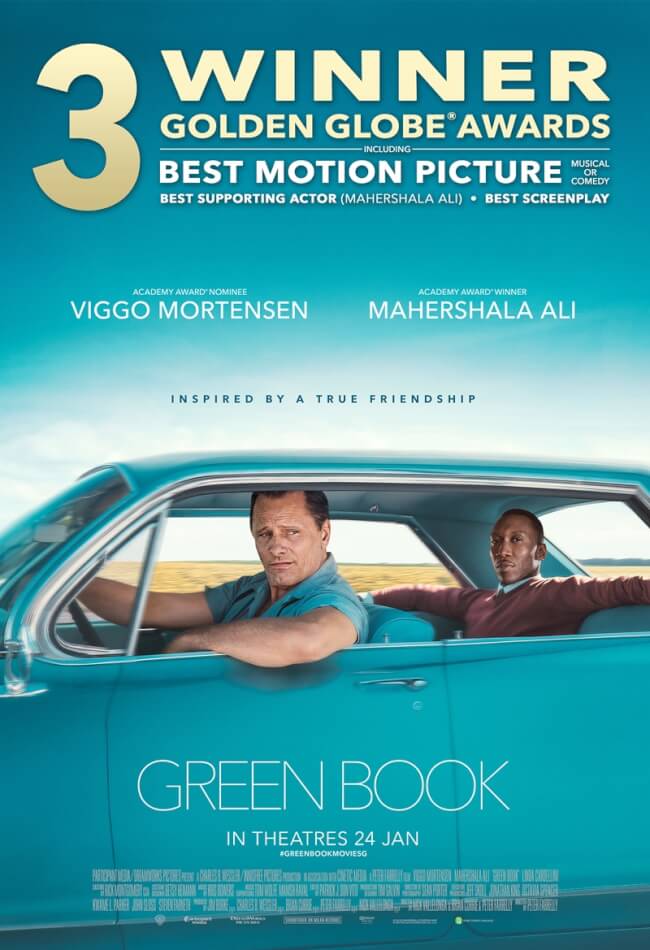

(Green lived in Harlem but delivered mail in New Jersey.) He found a model for his publication in the guides for Jewish travelers that appeared in Jewish newspapers.

To compile the listing, Green, then age 44, drew on his own firsthand experience as well as recommendations from fellow postal workers. In 1936 he made an attempt to address the problem by producing The Negro Motorist Green Book, a 15-page guide that listed travel-related businesses in metropolitan New York City that welcomed African American customers. The difficulty, embarrassment, and fear that accompanied car travel for Black people became especially apparent to Green after he married a woman from Richmond, Virginia, to which the couple traveled from their home in Harlem.
Greenbooks. portable#
To address the uncertainty of attaining lodging, meals, and fuel, African American car travelers brought with them blankets and pillows, extra food, drinks, and gasoline, as well as portable toilets. The landscape was dotted with “sundown towns,” where the presence of people of colour was banned after nightfall. This was seldom the experience for African American travelers during the Jim Crow era, however.īecause segregation was pervasive not just in the South but throughout the country, Black travelers not only met with the inconvenience and humiliation of being turned away from businesses but also had to be ever mindful of the threat of racist violence, including lynching. The proliferation of tourist homes, roadside motels, restaurants, and tourist attractions offered convenience that made it possible for car travel to be a joyful spontaneous adventure for most Americans. Schomburg Center for Research in Black Culture, The New York Public Library Digital Library (b15424178)Īutomobile travel exploded in the United States during the mid-20th century as more and more Americans were able to afford cars and had disposable income and leisure time (including paid vacations) that allowed them to explore the country. SpaceNext50 Britannica presents SpaceNext50, From the race to the Moon to space stewardship, we explore a wide range of subjects that feed our curiosity about space!Ĭover of The Negro Travelers' Green Book (1956).Learn about the major environmental problems facing our planet and what can be done about them! Saving Earth Britannica Presents Earth’s To-Do List for the 21st Century.Britannica Beyond We’ve created a new place where questions are at the center of learning.

100 Women Britannica celebrates the centennial of the Nineteenth Amendment, highlighting suffragists and history-making politicians.
Greenbooks. how to#

For women exposed from 20 weeks, antiviral agents or VZIG can be used. VZIG is recommended for susceptible women exposed in the first 20 weeks of pregnancy and neonates. In response to a significant shortage of varicella zoster immunoglobulin (VZIG) in 2018 and a review by a Public Health England (now UK Health Security Agency) convened expert working group, updated interim guidelines on PEP for high risk contacts have been published in June 2019. This includes immunosuppressed individuals, young babies in their first week of life and pregnant women. Post exposure prophylaxis (PEP) is offered to individuals at high risk of severe chickenpox following an exposure. Varicella zoster Immunoglobulin (VZIG) is a scarce blood product that is offered to individuals at high risk of severe chickenpox following an exposure.


 0 kommentar(er)
0 kommentar(er)
